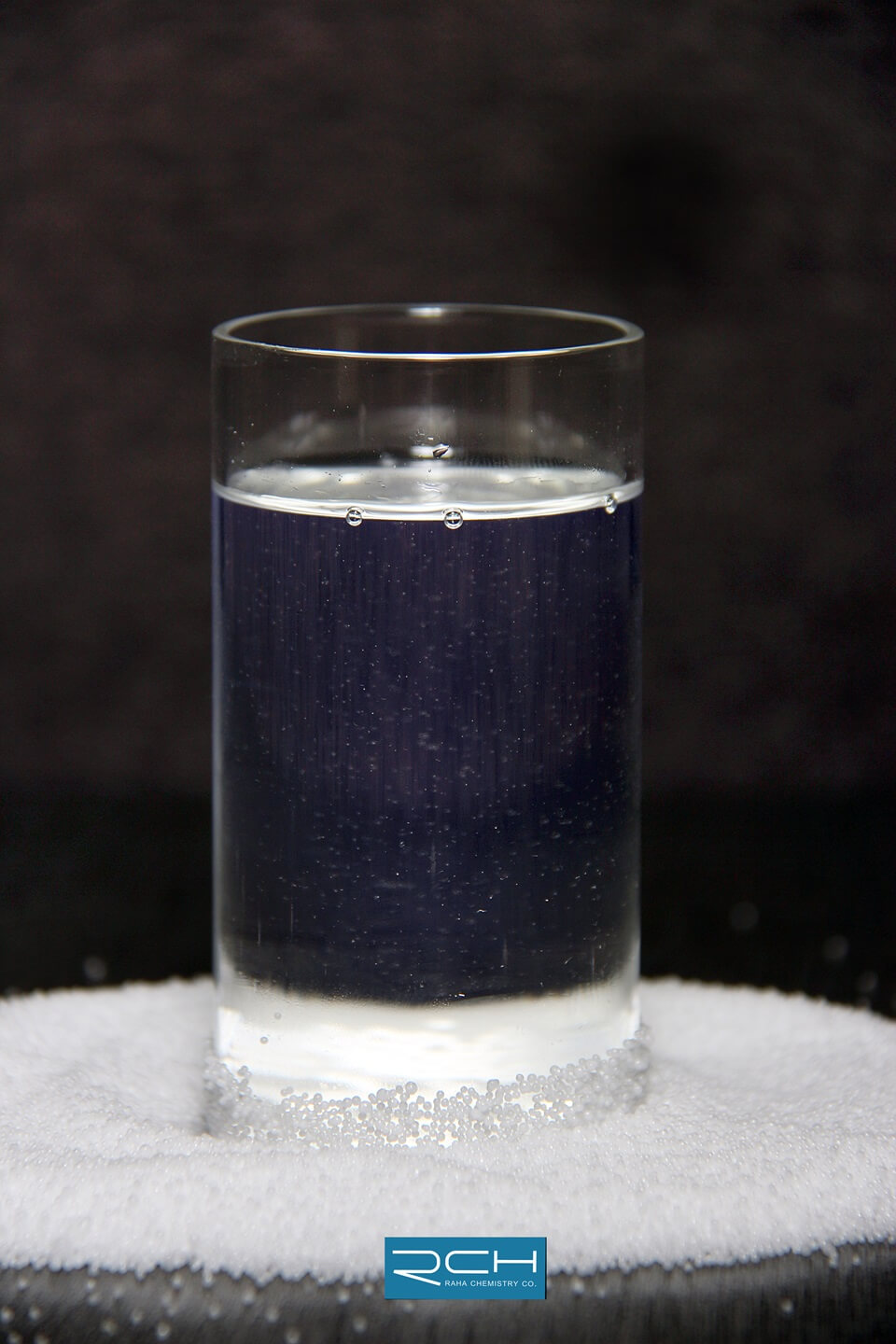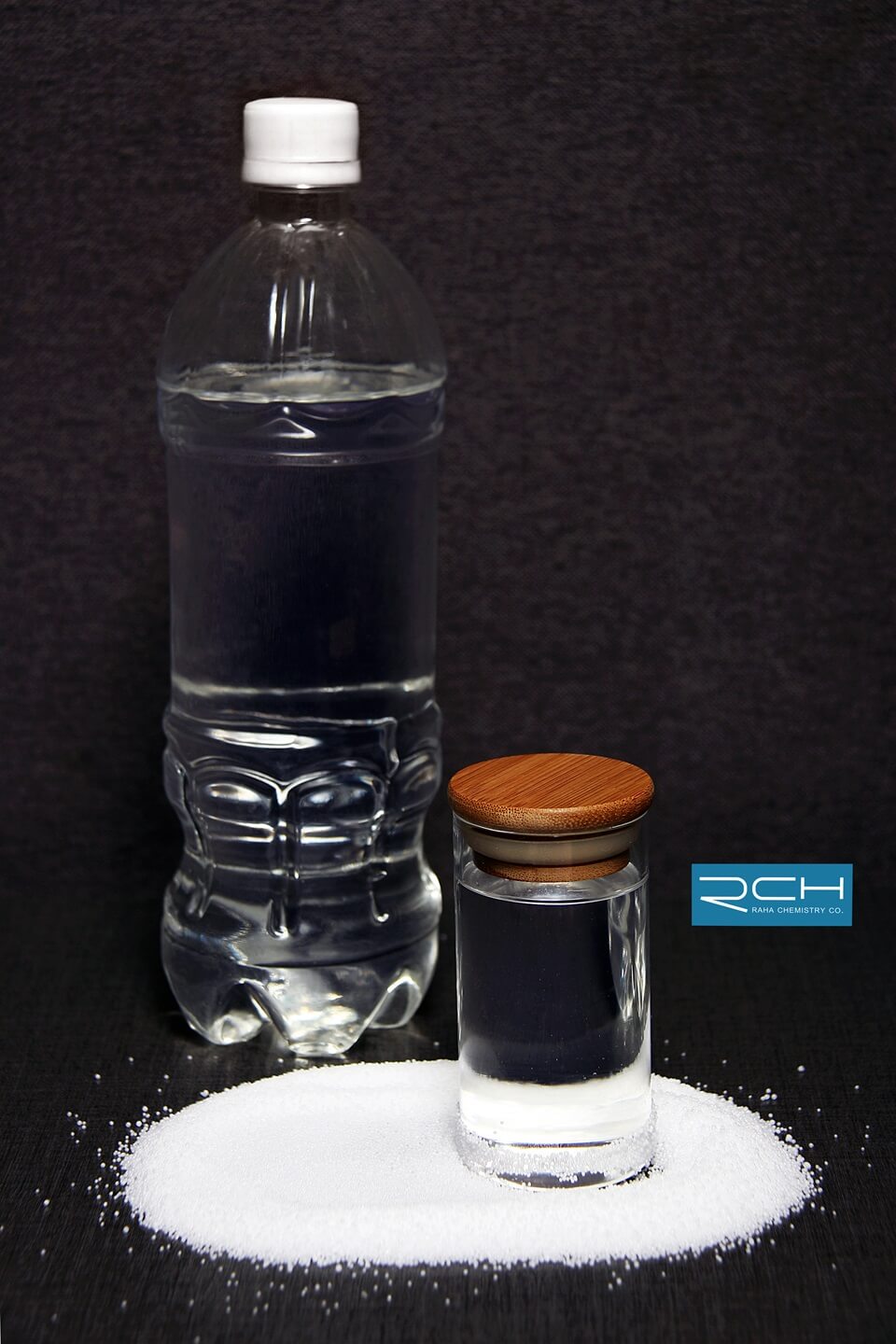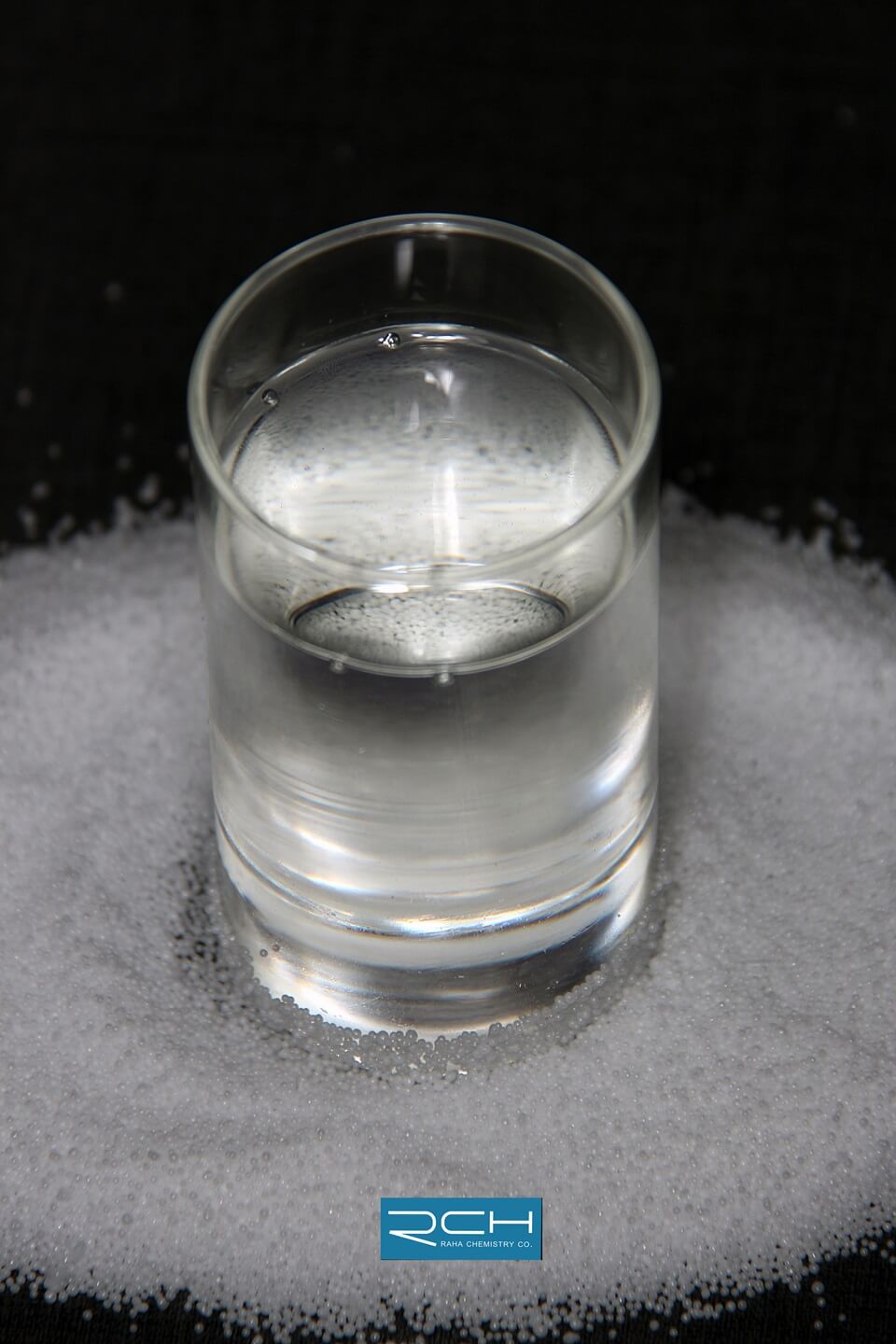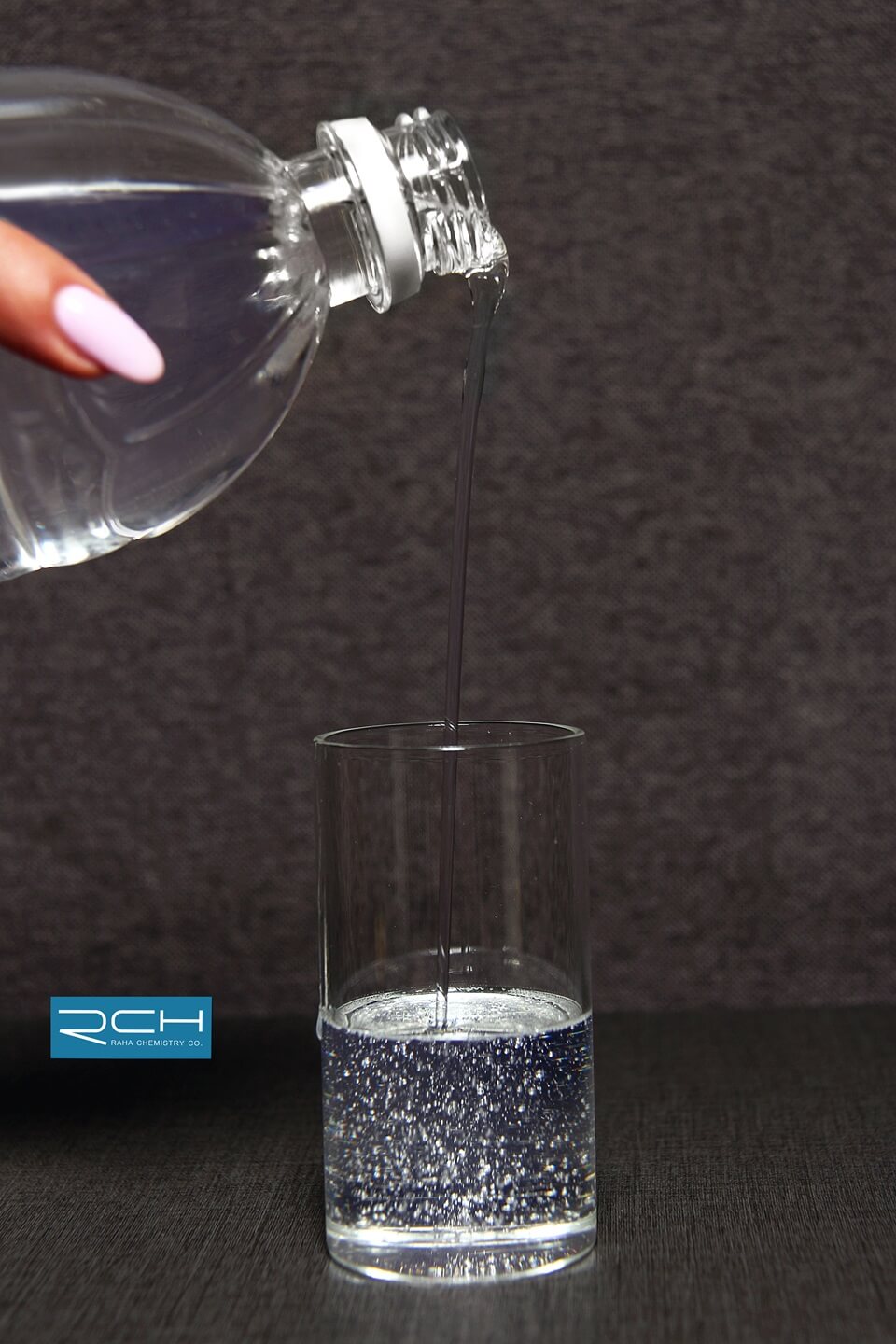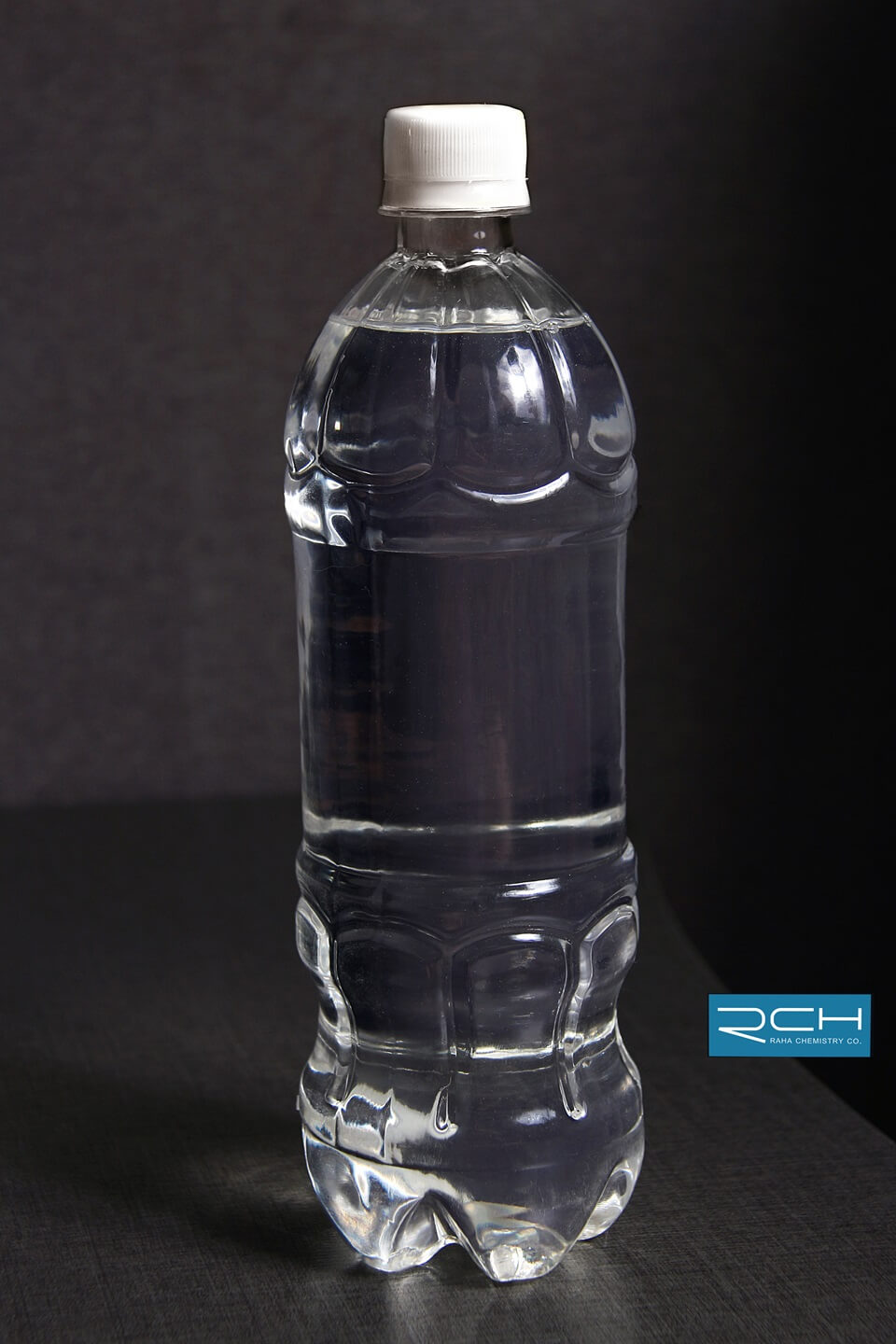Liquid Paraffin: A Versatile Substance for Medical, Cosmetic, and Industrial Applications
Liquid paraffin is widely used in the medical field, cosmetic and personal care manufacturing, and various other industries. Its unique chemical and physical properties—being a colorless and odorless substance—make it essential for applications such as pharmaceutical syrups, moisturizers, and lotions.
What is Liquid Paraffin?
Liquid paraffin is a transparent, odorless liquid commonly known in industries by other names such as white oil, mineral oil, or Paraffinum Liquidum. The majority of this substance is composed of saturated hydrocarbons, giving it distinct physical and chemical properties. Below are some of the most notable features:
Transparent, Colorless, and Odorless
Industries such as pharmaceuticals, food, and cosmetics highly prioritize the color and odor of their final products. These characteristics of liquid paraffin make it a valuable raw material for production in these sectors.
Optimal Viscosity (Mild Adhesiveness)
One of the unique properties of liquid paraffin, particularly relevant for manufacturers of industrial equipment and personal care products, is its mild adhesive nature.
High Boiling Point and Low Volatility
Liquid paraffin’s thermal stability, characterized by a high boiling point, allows its use across varying temperature ranges, appealing to many producers.
Water Insolubility
Liquid paraffin is often utilized as a protective barrier against moisture or for isolating water-soluble substances.
High Chemical Stability
Liquid paraffin demonstrates significant resistance to chemical reactions, retaining its properties and structure in various environments and conditions.
These properties have made liquid paraffin a multipurpose substance applied across diverse industries. Composed primarily of saturated hydrocarbons, its chemical stability and unique physical properties make it indispensable in many sectors.
Types of Liquid Paraffin
Liquid paraffin is classified into two main categories based on purity and application:
1. Pharmaceutical Grade Liquid Paraffin
Produced with high levels of purity, this type of liquid paraffin is extensively used as a raw material in pharmaceuticals and cosmetics. Key features include:
- High Purity: Contains no impurities or harmful substances.
- Colorless and Odorless: Ideal for sensitive applications.
- Compliance with Health Standards: Meets international standards such as USP and BP.
2. Industrial Grade Liquid Paraffin
This type of liquid paraffin, with lower purity, is suitable for industrial applications. Key features include:
- Permissible Impurities: Designed for non-sensitive uses.
- Presence of Color and Odor: May exhibit specific color or odor characteristics.
- Cost-Effective: Due to simpler refining processes, this grade is more affordable.
Applications of Liquid Paraffin
Liquid paraffin has broad applications across various industries. Below are its key uses:
1. Pharmaceutical Industry
Liquid paraffin is used as a laxative for treating constipation, particularly in children. By softening stool and reducing friction in the intestines, it facilitates bowel movements. It is also employed in the formulation of ointments and creams as a carrier for active ingredients.
2. Cosmetic and Personal Care Products
In cosmetics and skincare, liquid paraffin serves as a moisturizer and skin softener. By forming a protective layer on the skin, it prevents water evaporation and helps maintain skin hydration. It is also utilized in the production of lotions, creams, and hair care products.
3. Food Industry
Liquid paraffin is used as a protective coating for fruits and vegetables, as a lubricant in production processes, and to prevent sticking in certain applications. However, its use in food industries must align with health and safety standards.
4. Candle Manufacturing
Combined with other waxes, liquid paraffin is used to produce high-quality candles. It contributes to better burning, increased burn time, and a consistent flame.
5. Textile Industry
In the textile sector, liquid paraffin is utilized as a lubricant for threads and fabrics. It reduces friction between fibers, improving weaving processes and extending the service life of machinery.
6. Rubber and Plastic Industries
In rubber and plastic manufacturing, liquid paraffin acts as a softener and lubricant to improve mechanical properties and material processing.
7. Leather Industry
In leather production, liquid paraffin is used as a softener and protective agent to enhance the flexibility and durability of leather.
8. Printing and Packaging
In the printing and packaging industry, liquid paraffin is applied as a protective coating for paper and cardboard, preventing moisture absorption and increasing resistance to tearing.
Liquid paraffin is a versatile substance that offers a combination of chemical stability and unique physical characteristics, making it indispensable across a variety of industries.

